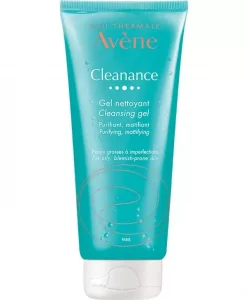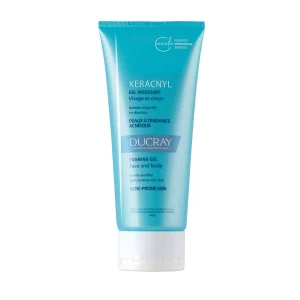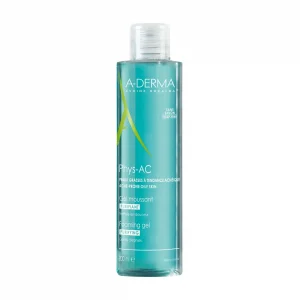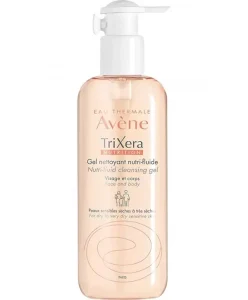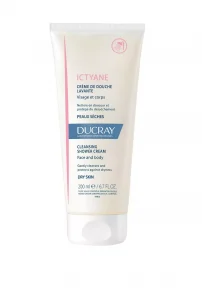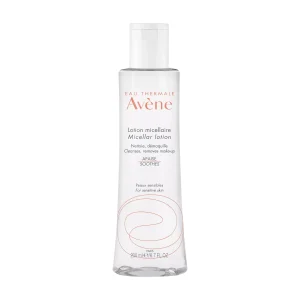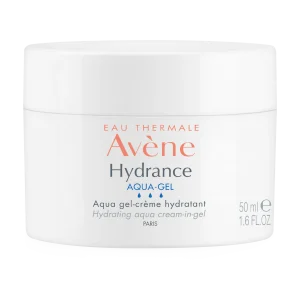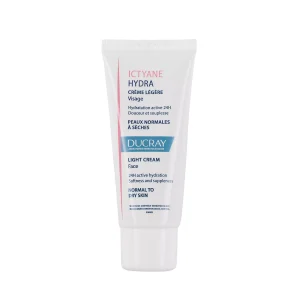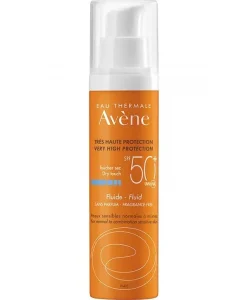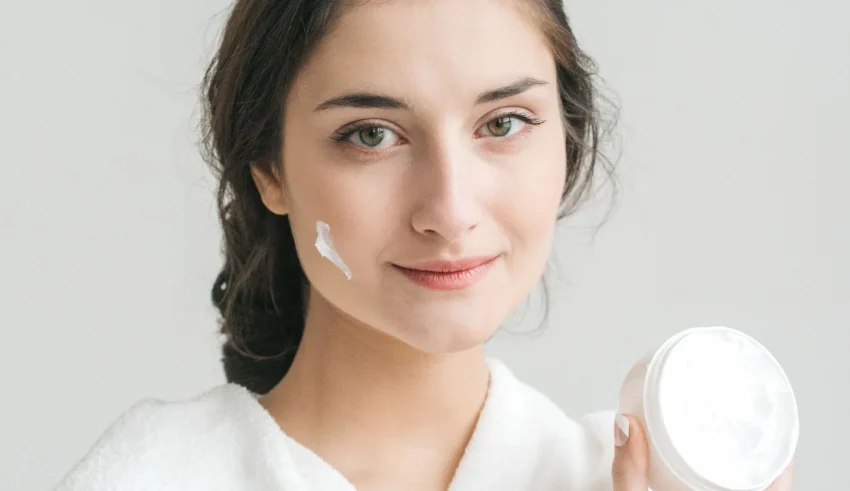
Anyone who has ever walked the aisles of a beauty store or even a drugstore can tell you, it’s hard to find the best skin care products. Unfortunately, no single product is right for everyone. But the good news? There are many products that skin care experts regularly use to plump, rehydrate, and brighten the skin in specific ways.
To clear things up, we reached out to the dermatologist and cosmetologist Dr. Thanaa Ward to find out how to truly care for your skin in an age of beauty influencers, numerous products, and skin care confusion.
What are skin care products?
Our skin reflects our lifestyle, age, and health status. The skin tone and consistency are signs of our skin’s health. The cosmetic and pharmaceutical industry offers a vast arsenal of skin care products and procedures to cleanse, soothe, restore, strengthen and protect our skin and thus keep it in “good condition”. Skin care products are readily available in everyday life and play a major role in self-care.
According to Dr. Thanaa Ward, skin care products include creams, sprays, gels, cleansers, lotions. They can be used to cleanse, treat various skin problems, and/or improve the quality of the skin.
How to take care of your facial skin at home?
Your skin care routine should vary from morning to night. When you wake up in the morning, focus on protecting your skin from pollution, sun, and various light waves that are bound to come your way.
Your evening routine can be similar to your morning routine, with a few modifications. At night, switch gears and apply regenerating ingredients. Nighttime is when your skin naturally regenerates. This is when you apply the active ingredients, not the protectors.
Dr. Thanaa Ward outlines what a morning and evening skin care routine should include:
- Morning routine: cleanser, toner, serum, moisturizer, sunscreen.
- Evening routine: cleanser, toner, serum, moisturizer, treatment if needed.
1- Cleanser
Do this step: Morning and night.
What comes first in the skin care routine? The cleanser is the ultimate answer. A cleanser removes dead skin cells, pollutants, oils, dirt, and bacteria.
The best cleanser for you will depend on your skin type. It is important to be careful about what your cleanser contains. Avoid sulfates, which can be harsh and stripping to your face, and look for active ingredients that meet your needs.
For normal or dry skin, it’s best to use a moisturizing cleanser that contains peptides. If you have oily or acne-prone skin, use a gentle exfoliating cleanser to remove dead skin cells that can clog pores.
Here’s a definitive list of the best cleansers to include in your skin care routine.
For oily and acne-prone skin:
Eau Thermale Avène Cleanance Cleansing Gel
Ducray Keracnyl Foaming Gel
A-Derma Phys-AC Foaming Gel
For dry skin:
Eau Thermale Avène TriXéra Nutrition Nutri-Fluid Cleansing Gel
Ducray Ictyane Cleansing Shower Cream
For normal skin:
Eau Thermale Avène Micellar Lotion
2- Toner
Do this step: Morning and night.
The toner removes the last traces of dirt, grime, and impurities trapped in your pores after washing your face. When added to your daily skin care routine and used regularly, it can have a major positive impact on the appearance and tightening of your pores.
3- Serum
Do this step: Morning and night.
This step is where you’re going to deliver the bulk of the active ingredients to your toner-primed face, and it’s important to do this early in your routine. Serums are formulated with lower molecular weight actives so that they penetrate the deeper layers of the skin. If you apply your serum after a thicker formula, the active ingredients may not penetrate the skin.
If you need to apply serum twice a day, you should not use the same formula. The active ingredients in serums differ for day and night. During the day, choose serums that contain antioxidants that protect the skin from daytime stressors such as free radicals (caused by UV rays), pollutants, and blue light. The most popular ingredient for this purpose is vitamin C, which you’ll have no trouble finding in serum form. At night, opt for a serum containing peptides and growth factors to repair the skin.
For both day and night serums, we also have a general list of ingredients we like to look for in both formulations: niacinamide to reduce redness, hyaluronic acid to hydrate the skin, and alpha and beta hydroxy acids (AHA and BHA), which help stimulate collagen and even out skin pigmentation.
Dr. Thanaa Ward cautions against using too much serum, especially for oily and acne-prone skin, as it might be comedogenic.
4- Moisturizer
Do this step: Morning and night.
Moisturizers serve to both hydrate and seal in moisture, which is why these formulas tend to be heavier than the layers below. You should use moisturizers that contain humectants like glycerin and hyaluronic acid, which retain water. We also recommend that you look for ceramides, which seal the outer layers of the skin.
Below are the most effective moisturizers which gently hydrate and strengthen the skin barrier.
Eau Thermale Avene Hydrance Aqua-Gel
In the morning, apply to the face, neck, and eye area. In the evening, apply a thick layer and leave it on overnight.
Ducray Ictyane Hydra Light Cream
Apply morning and/or evening to the face and neck.
5- Retinol
Do this step: At night only.
Retinol is the vitamin A derivative that stimulates collagen production and increases the rate of cell turnover. Retinol diminishes fine lines, reduces pore size, increases collagen production, removes dead skin cells, reduces oil production, and evens out skin tone. Whether you want to eliminate breakouts or fade fine lines – or in fact, do anything for your face – retinol is your go-to product.
6- Sunscreen
Do this step: In the morning only.
Dermatologists agree that you should apply sunscreen every day to prevent UV damage, whether you go out or not. Sunscreen should be layered on top of other products to be most effective. You don’t want anything to stop the sunscreen from working or make it less effective.
There are two types of sunscreens you can choose from for your final step: physical and chemical. Physical blockers contain minerals like titanium dioxide and zinc oxide and work by reflecting light away from your skin. Chemical blockers, on the other hand, absorb the light and turn it into heat, preventing it from penetrating your skin. Mineral formulas are often more suitable for sensitive skin, while chemical formulas tend to be thinner and spread more easily.
Chemical formulas also have the advantage of not leaving a white cast on darker skin. Whereas mineral sunscreens traditionally give an ashy tone. Whatever your personal preference, there are sunscreens for every need.
Protect your skin from the sun’s harmful UV rays by using the following sunscreen.
Eau Thermale Avene Very High Protection Fluid SPF 50+
When should I stop using skin care products?
Dr. Thanaa Ward recommends stopping the use of your skin care products if you have an allergic reaction or if your skin no longer improves. She notes that there is no need to switch products as long as you are comfortable with them and there is no allergic skin reaction.
Dr. Thanaa Ward adds that you shouldn’t overuse skin care products, especially those containing retinol and acids, and be careful not to mix products without a dermatologist’s advice, as this can cause skin irritation and allergies.

